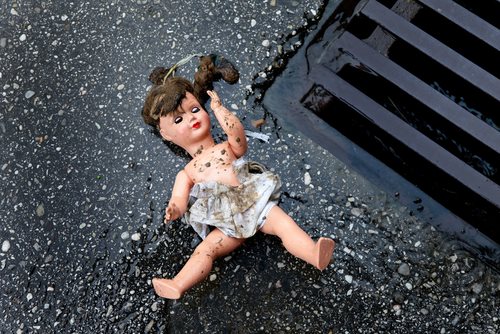A Guide to Understanding Child Abuse Cases
What are Child Abuse Cases?
Child Abuse Cases are classified as the varying nature inherent within the wide – and circumstantial – expanses of child abuse offenses. Child abuse is defined as the purposeful and intentional mistreatment of a child, which can range from physical to verbal in nature; physical child abuse cases may include the attack or assault on a child or minor, which may also include child abuse sexual in nature – verbal child abuse cases may include mental and psychological child abuse. However, an overarching theme within Child Abuse Cases is the notion of neglect, which is the failure to provide a child with a sufficient and adequate environment of personal safety, wellbeing, and quality of life.
Classifications of Child Abuse Cases
Both the victims of child abuse, as well as the nature of the individual child abuse case will typically determine the classification of a child abuse case; while certain child abuse cases may be overwhelmingly damaging and egregious in nature, the nature of other Child Abuse Cases may be argues within a court of law – regardless, the abuse of a child in any form is considered to be an unethical, unlawful, and illegal offense that may be punishable to the fullest extent of the law:
Felony Child Abuse Cases
Felony Child Abuse Cases are defined by circumstances and events surrounding child abuse that are considered to retain overwhelming evidence that the alleged offender has placed a child in direct harm, which includes the immediate compromise of that child’s safety, the suffering of bodily harm or injury, or the subjection of that child to emotional or psychological damage:
In the event that a sexual child abuse takes place, it will typically be tried in accordance to the statutory legislation in conjunction with felonious Child Abuse Cases, despite the presence of presumed or immediate danger
Due to the fact that sexual activity involving a child is considered to be unlawful, illegal, and unethical, any engagement of a child in a sexual activity is considered to result in the placement of that child victim in immediate and overwhelming danger
Assumed Repercussions of Child Abuse Cases
Repercussions resulting from child abuse cases may vary with regard to the vast array of potential and prospective damage resulting from child abuse cases:
The addiction to and the abuse of both alcohol or narcotics are considered to result from child abuse; in many child abuse cases, victims of child abuse become addicted or reliant on such substances as a means of coping with the trauma and damage experienced as a result of the child abuse offense
Psychological and Mental disorders are also considered to result from child abuse; a wide range of mental and emotional disorders - including depression, anxiety, and rage - have been identified as direct effects of child abuse cases
Getting Help for Child Abuse Cases
Individuals whom have been victims, made aware of, or witnessed child abuses are encouraged to contact their local authorities or law enforcement department in order to report the details of the offense. In the event that an individual wishes to do so in an anonymous fashion, they should contact the Department of Child Protective Services immediately at (800) 422-4453
